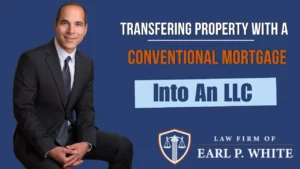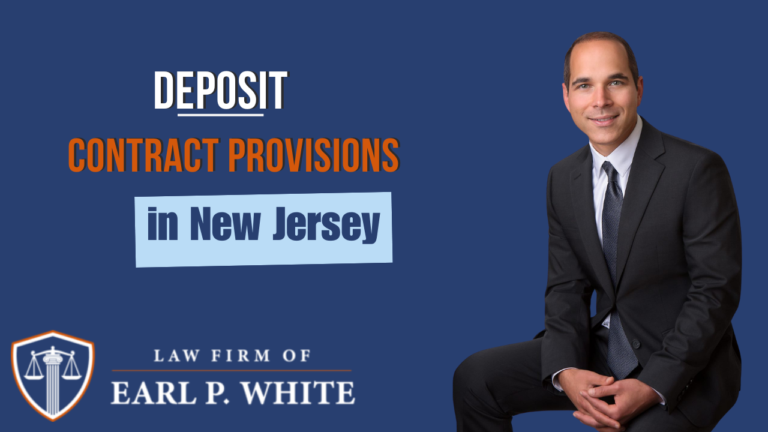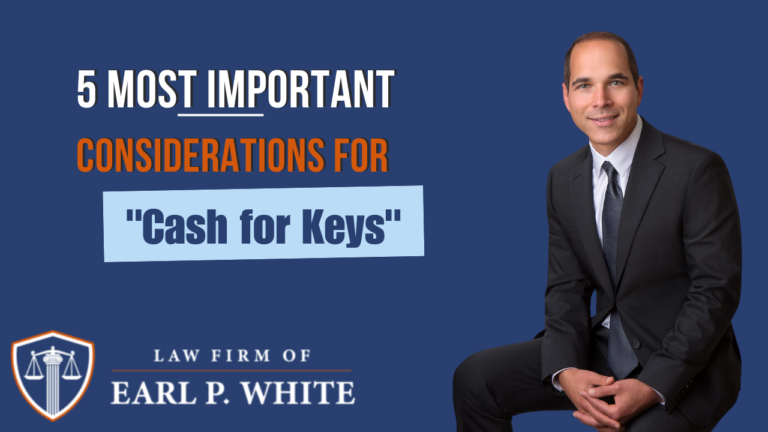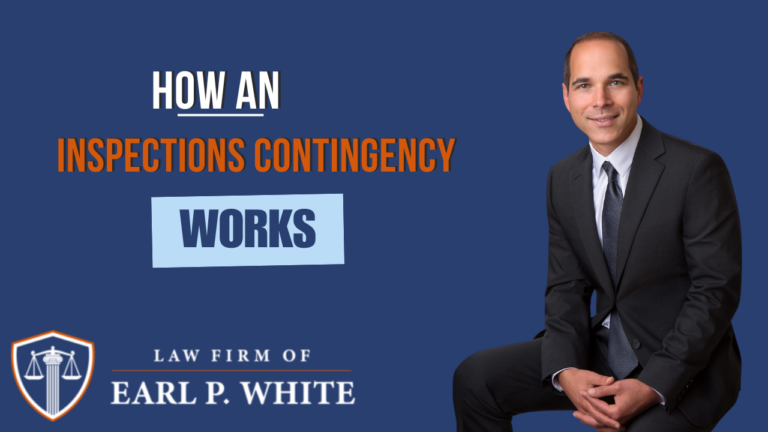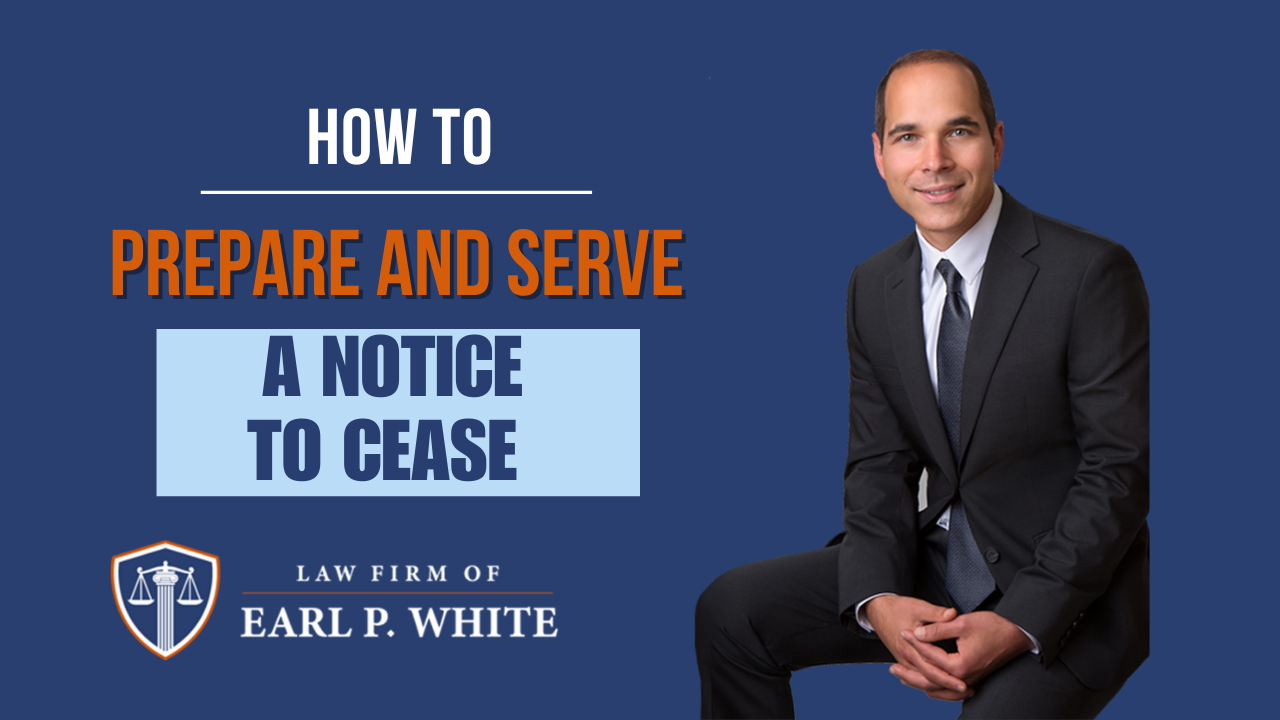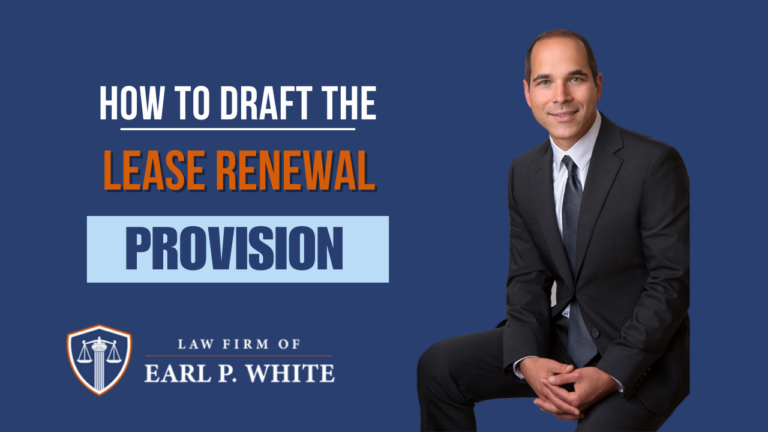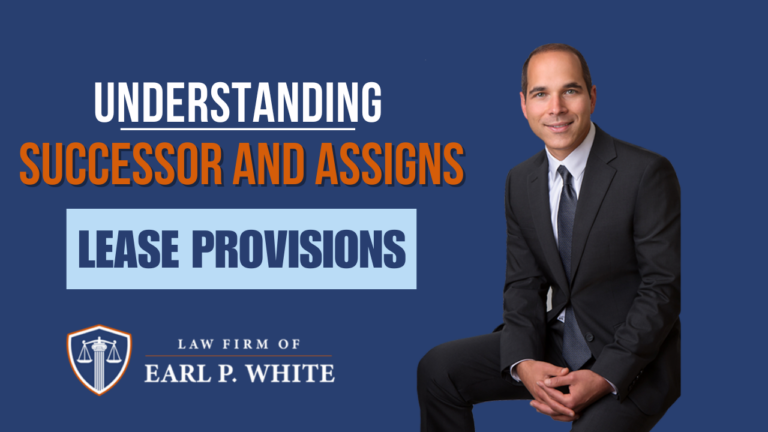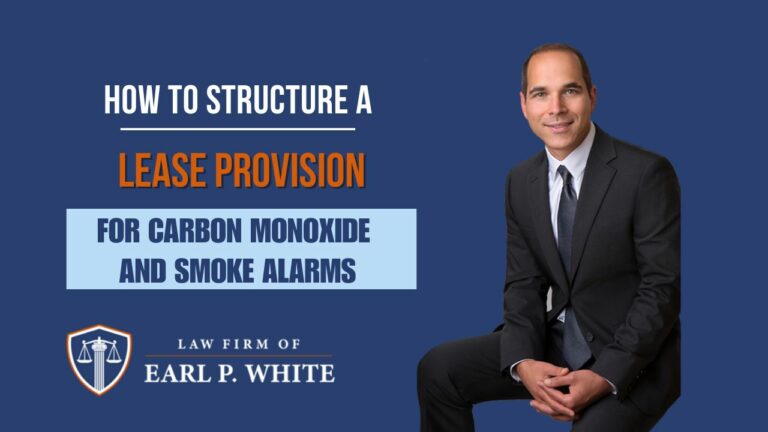Did you know that even if you closed on a property with a mortgage in your personal name that required you to occupy the property, you can still transfer that property into an LLC to gain the benefits of limited liability protection? In this blog post, we will guide you through the process and key considerations to help you make this strategic move.
Members of our free Real Estate Law Newsletter receive exclusive access to resources for landlords, investors, and other real estate professionals. Join today!
The Importance of an LLC for Real Estate
In our previous discussions, we have emphasized the importance of placing your real estate into a Limited Liability Company (LLC). An LLC provides a layer of protection by separating your personal assets from your investment properties, shielding you from potential liabilities.
Transferring a Mortgaged Property to an LLC
One common misconception is that a mortgaged property cannot be transferred to an LLC. However, this is not the case. Even if you have a mortgage on the property, you can still transfer it into an LLC, provided that you meet certain criteria. This practice is approved for both Fannie Mae and Freddie Mac mortgages, making it applicable to standard mortgages.
Key Criteria for Transferring to an LLC
1. Forming Your LLC
- The first step is to form your LLC. The LLC must include you as a controlling member, with either a controlling interest or a majority ownership stake. This is a crucial requirement to ensure that you retain control over the property.
2. Compliance with Mortgage Terms
- The LLC must abide by the terms of the mortgage. Residential mortgages from Fannie Mae and Freddie Mac typically require the borrower to live at the property for a year. This means you can transfer the property to your LLC, but you must continue to occupy the property for at least one year to remain in compliance with the mortgage terms.
Meeting Mortgage Requirements
It’s important to note that while transferring the property to an LLC, you cannot move out of the property or absolve yourself of the liability to occupy it. The lender cannot prevent you from making this transfer as long as you adhere to the occupancy requirement and other terms of the mortgage. This is an approved exemption under Fannie Mae and Freddie Mac guidelines.
Conclusion
Transferring a mortgaged property into an LLC can provide significant benefits, including limited liability protection. By understanding and meeting the necessary criteria, you can make this strategic move while staying compliant with your mortgage terms. Protect your investment and gain peace of mind by leveraging the advantages of an LLC for your real estate holdings.
Members of our free Real Estate Law Newsletter receive exclusive access to resources for landlords, investors, and other real estate professionals. Join today!
Stay ahead with our free newsletter: The Real Estate Law Newsletter – your source for real estate law news.
Essential updates and insights direct to you. Impress clients and colleagues with trending news. Sharpen expertise. Stay legally compliant. Access free legal forms. Don’t miss out – join today!
